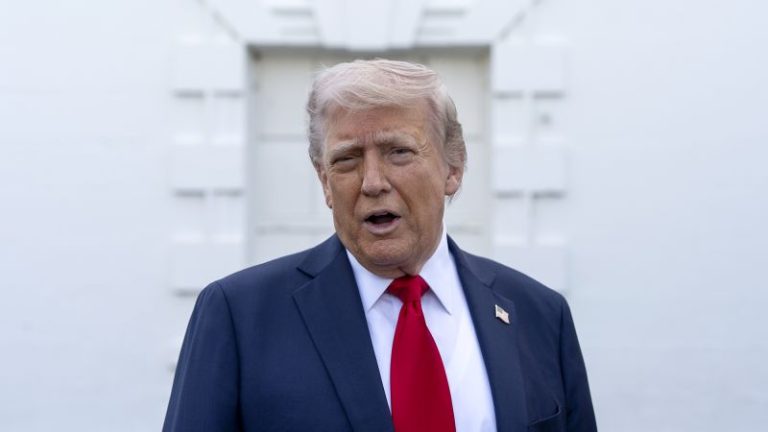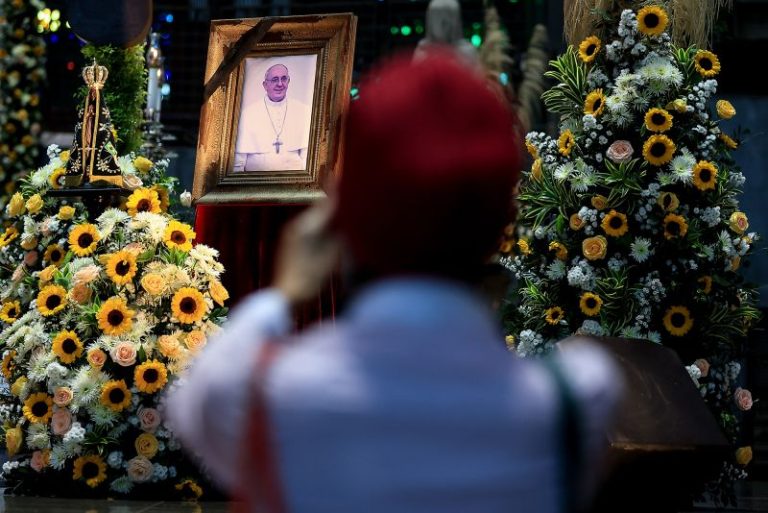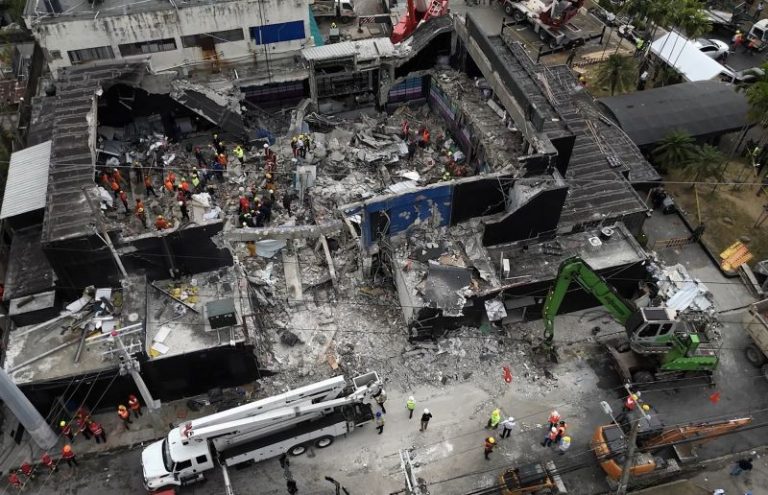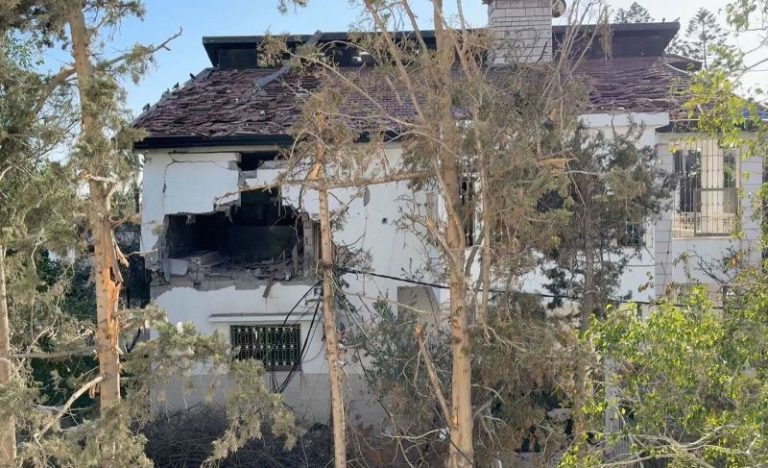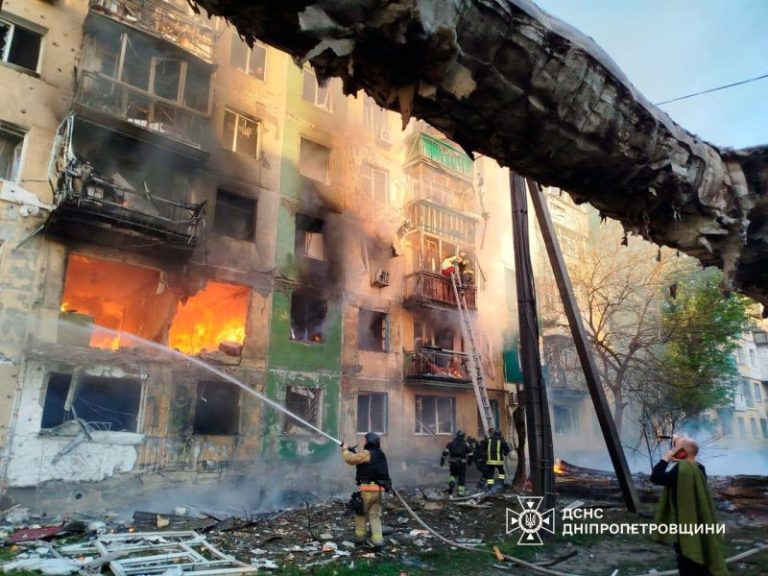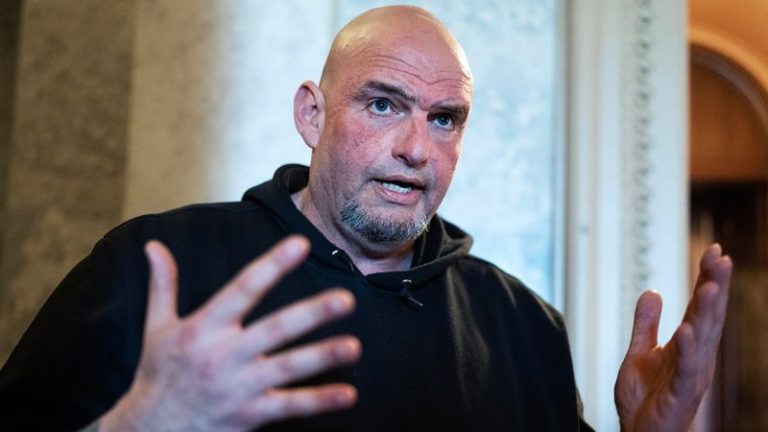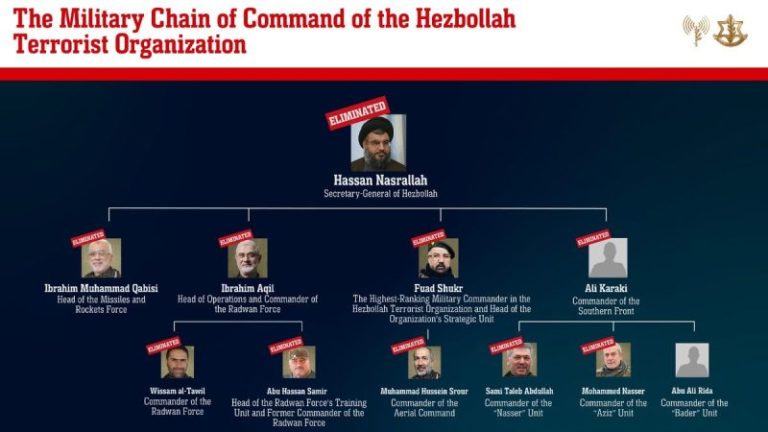Pangolins have two claims to fame: first, that they are the world’s only scaly mammal, and second, they are one of the most trafficked animals globally.
Beyond that, most people know very little about them. But the new Netflix documentary “Pangolin: Kulu’s Journey,” hopes to change that.
The 90-minute film follows the story of a three-month-old ground pangolin, Kulu, who is rescued from the illegal wildlife trade, and the slow, intensive process to return him to the wild in South Africa.
“Kulu’s got an incredible personality, he’s very much his own pangolin,” says director Pippa Elrich, best known for the Oscar-winning documentary “My Octopus Teacher.”
“He’s incredibly stubborn, determined to go where he wants to go, not that keen to have this strange two-legged creature following him around everywhere he goes,” she adds.
The two-legged creature in question is Gareth Thomas, a conservation volunteer who took part in the sting operation that rescued Kulu.
Rehabilitating rescued pangolins is an “incredibly intensive process,” says Elrich: they rarely eat in captivity so they require daily walks, sometimes up to six hours a day, to feed on ants and termites. These daily walks aren’t just for feeding: they are also getting the pangolin ready for the sights, sounds, and smells of its new habitat, and helping it overcome the trauma of captivity.
“The rehabilitation team asked (Gareth) if he would take Kulu into the wild and set him free. And I don’t know if he realized that that was going to be the next 18 months of his life,” says Elrich.
The film follows the duo into the wild savanna of Lapalala Wilderness Reserve, a four-hour drive from Johannesburg, immersing the viewer in the world of pangolins.
“They’ve got a magical quality; they are a mammal but they’re covered in scales,” says Elrich. “You just don’t want pangolins to be seen only as the world’s most trafficked mammal. You want them to be seen as these joyful, unique, special little creatures.”
The ground pangolin, also known as Temminck’s pangolin or the Cape pangolin, is one of eight species found globally, and the most widely distributed of the four species in Africa, with a territory ranging from South Africa to Sudan.
When Kulu arrived at the Johannesburg Wildlife Veterinary Hospital, staff called him Gijima, which means “to run” in Zulu, as the severely underweight yet feisty pangolin was constantly trying to run away during his feeding walks. It was during the six-month stint in the savanna that Thomas nicknamed the pangolin Kulu, a variant of the word for “easy” in Zulu, to try to soothe him.
Thomas grew up spending summers in the wilderness in South Africa and Zimbabwe, where he was born; but after school, he became “detached” from nature, instead spending most of his time in the city. “I had a bit of a yearning to be out there again,” he recalls. So in 2019, after picking up wildlife photography, he started volunteering with the African Pangolin Working Group and the Johannesburg Wildlife Veterinary Hospital.
Thomas’ self-shot footage of the pangolins was pivotal to the film, says Elrich: Pangolins are incredibly sensitive creatures, so Elrich says the production team had limited shooting days and relied heavily on Thomas for videos of the rehabilitation process and close-ups of Kulu.
“I realized, he has a very deep bond with these animals, and he understands them,” says Elrich. “He understands how to get this very intimate footage, which almost makes you feel like you’re seeing the world through the eyes of a pangolin.”
While viewers will likely observe thematic similarities between “My Octopus Teacher” and “Kulu’s Journey” — both explore human-wildlife relationships and our emotional connection with nature— Elrich says the drastically different ecosystems changed her approach to the film.
“One of the things that was so compelling about (My Octopus Teacher) is that you’re going underwater, and that immediately takes you into this other universe,” she explains. “Being in the terrestrial world, even if you don’t know the bush, it is way more relatable.”
The biggest threat to the pangolins is poaching for the $20-billion illegal wildlife trade, where their scales, meat and body parts are sold for traditional medicine, and their skins used for leather products.
According to NGO Traffic, pangolins are largely trafficked to China and the US. With three of the four Asian species critically endangered, and difficulty breeding pangolins in captivity, poaching has increased in Africa: between 2017 and 2019, more than half of illegal pangolin seizures in Asia were from African pangolin species, accounting for 244,600 kilograms of scales and 10,971 individual animals.
Ray Jansen, the co-founder of the African Pangolin Working Group, who features in the documentary, has witnessed the scale of this threat firsthand: the zoologist-turned-sting operative helped rescue 301 live pangolins, including Kulu, between 2016 and 2024, leading to the arrest of nearly 700 wildlife traffickers.
Prior to 2017, Jansen says arrests in South Africa were met with meager fines, rather than jail time. But in recent years, conservationists like Jansen began providing expert witness testimony in court, resulting in sentences of up to 10 years.
“It sent out a huge warning message to these traffickers about pangolins,” Jansen says, adding that while he’s observed a decrease in “opportunistic” poaching in the country, “sophisticated” organized crime networks continue to traffic for the international trade.
Pangolins rescued from the wildlife trade are incredibly difficult to treat and rehabilitate, says Dr. Karin Lourens, the co-founder and head veterinarian of the Johannesburg Wildlife Veterinary Hospital, the first hospital in South Africa to treat pangolins (all pangolins are kept off-site in an undisclosed location).
“Because they haven’t eaten, they don’t have enough protein,” says Lourens, adding that this then causes a build-up of fluid in their lungs. “Then, their pancreas stops working, so they can’t digest food either.”
“It was a steep learning curve in the beginning,” says Lourens, adding she had no medical guidelines for the first ground pangolins in the hospital, but over the years, the survival rate has soared from 40% to 80%.
The film crew also worked with Lapalala Wilderness, the 48,000-hectare reserve where Kulu was ultimately released, to secure filming permits and coordinate with the on-site anti-poaching unit to ensure safety for the pangolins and those transporting them.
While poachers are an unavoidable topic when talking about pangolins, Elrich made the deliberate choice to highlight the emotional side of the little-known creatures. “You’ve got to be careful about anthropomorphism, and I’m sure that’s the criticism that we’re going to get,” Elrich says.
Lourens said she would have preferred for the documentary to focus on Africa’s pangolin trade, something she says is “sorely needed.” She also expressed concern about Kulu’s overexposure to people during filming. Elrich says Thomas was “incredibly strict” about when the additional videographers could film; “I think I only did two shoots with Kulu, most of the time it was just Gareth and him,” she adds.
Initially, Jansen too wanted the film to focus on the wildlife trade, a subject close to his heart — but after viewing the documentary, he changed his mind. “It’s a much, much better angle to focus on,” he says. “I’m hoping that it spreads a huge awareness, and the world can fall in love with these incredible creatures.”
A new threat — and a new hope
While poaching remains a major threat for pangolins globally, Jansen says electric fences in game reserves are now “responsible for the large majority of Temminck’s pangolin deaths” in South Africa, illustrated in one terrifying scene when Kulu nearly runs straight into one, saved at the last minute by Thomas.
Together with Thomas and Lapalala Wilderness Reserve, Jansen is working on a large-scale electric fence study and exploring new designs that could save wildlife.
And a new “pangolarium,” operated by the African Pangolin Working Group at Lapalala Wilderness, opened earlier this year — a kind of halfway house for pangolins between hospital and release, and a networking hub for conservationists. While it can house multiple pangolins, each one will still need its own dedicated walker for its daily mealtime.
Despite global conservation efforts, pangolin numbers are in decline, with all eight species considered vulnerable, endangered, or critically endangered by the IUCN.
“Pangolins really are a symbol of the fragility that we see in one another and in nature all around us,” says Elrich.
She hopes audiences will connect with Kulu’s story, and be moved to protect them and their environment: “There is just nothing else like a pangolin.”
This post appeared first on cnn.com




